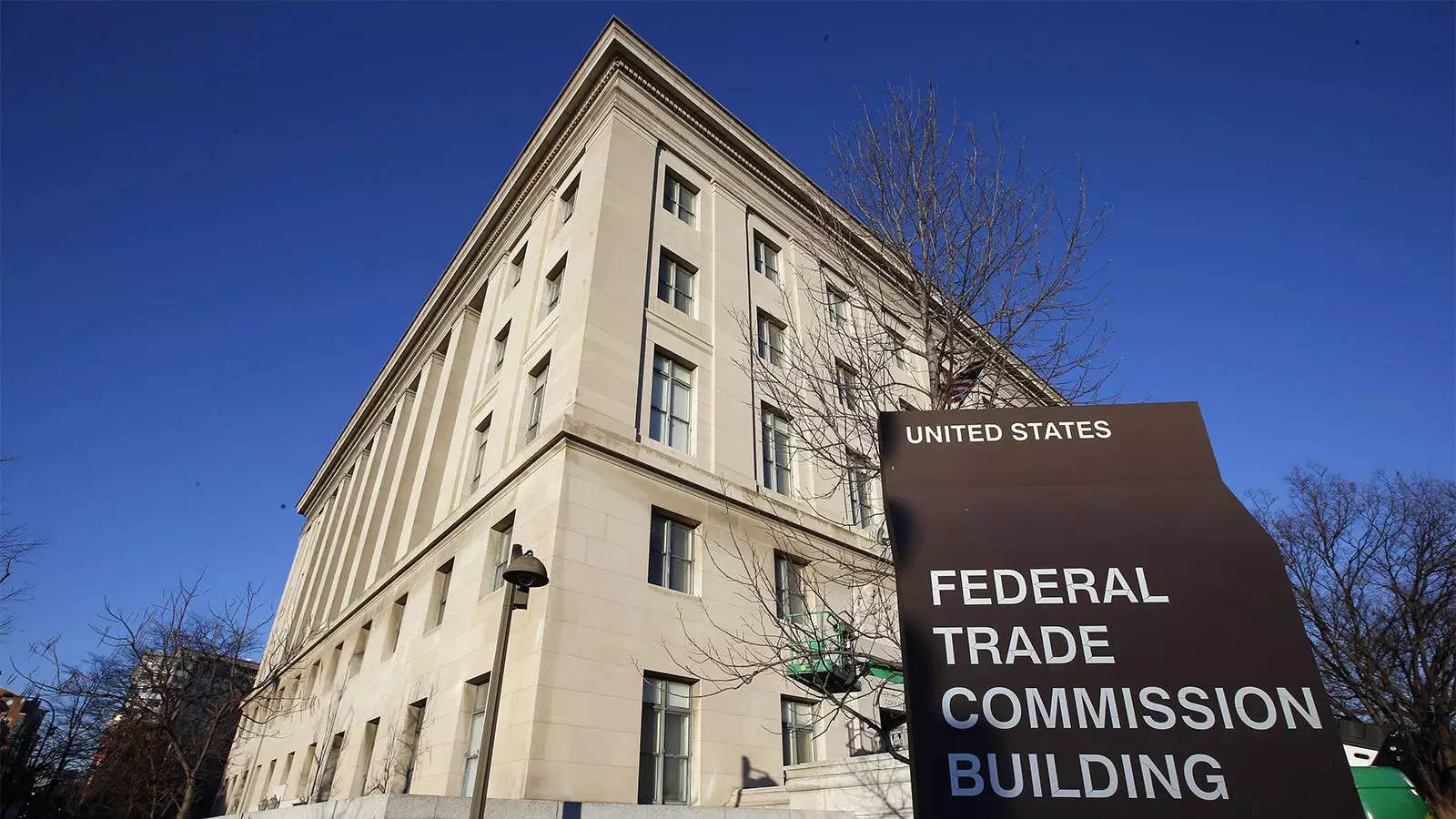In a significant move that echoes the growing frustrations concerning drug pricing, particularly insulin costs, the Federal Trade Commission (FTC) has launched a lawsuit against three prominent pharmacy benefit managers (PBMs): Caremark, Express Scripts, and OptumRx. These companies dominate the market, managing around 80% of prescriptions across the United States. The crux of the lawsuit hinges on allegations that these PBMs have engaged in anticompetitive behaviors that exacerbate insulin price inflation, making essential medication unaffordable for many patients with diabetes.
PBMs serve a crucial intermediary function in the healthcare landscape. They are tasked with administering prescription drug coverage on behalf of insurers and large employers. To accomplish this, PBMs construct formularies—lists that determine which drugs are covered and at what pricing structure. They negotiate with drug manufacturers to secure rebates, ostensibly to lower costs for consumers and healthcare providers. However, the FTC argues that these rebate structures contribute to inflated list prices, leaving patients, especially those uninsured or under high-deductible plans, to grapple with exorbitant costs at the pharmacy counter.
The soaring prices of insulin have swiftly become a critical talking point in the current political climate, underscoring the urgency of the situation. Over recent years, public outcries against the high costs of insulin have prompted politicians and advocates to demand accountability and transparency within the pharmaceutical supply chain. As a matter of public health and welfare, the rising cost of insulin underscores a broader issue of accessibility and affordability for chronic illness treatments that millions of Americans depend upon.
In the wake of the FTC’s lawsuit, the named PBMs have defended their practices. Caremark emphasized its role in negotiating significant discounts, suggesting that it is committed to making insulin affordable. Meanwhile, Express Scripts accused the FTC of prioritizing political gain over consumer protection, arguing that the commission fails to grasp the complexities of drug pricing. OptumRx dismissed the allegations as baseless, framing PBMs as essential counterbalances to pharmaceutical companies, which typically have the upper hand in setting drug prices unchallenged.
The FTC’s scrutiny of PBMs generated considerable attention after the commission initiated its inquiry over two years ago. The implications of this legal battle are vast, potentially reshaping the manner in which drug pricing is negotiated in the future. This lawsuit not only addresses the immediate concerns surrounding insulin pricing but also sets a precedent for re-evaluating the roles that PBMs play in the healthcare system. As this legal drama unfolds, stakeholders—including patients, providers, insurers, and policymakers—will be watching closely to understand the potential impacts on drug pricing dynamics and accessibility.
The FTC’s lawsuit against leading PBMs reveals the deep complexities in the pharmaceutical supply chain and highlights the urgent need for reform in drug pricing practices to ensure that all patients receive fair access to necessary medications without the burden of insurmountable costs.


Leave a Reply